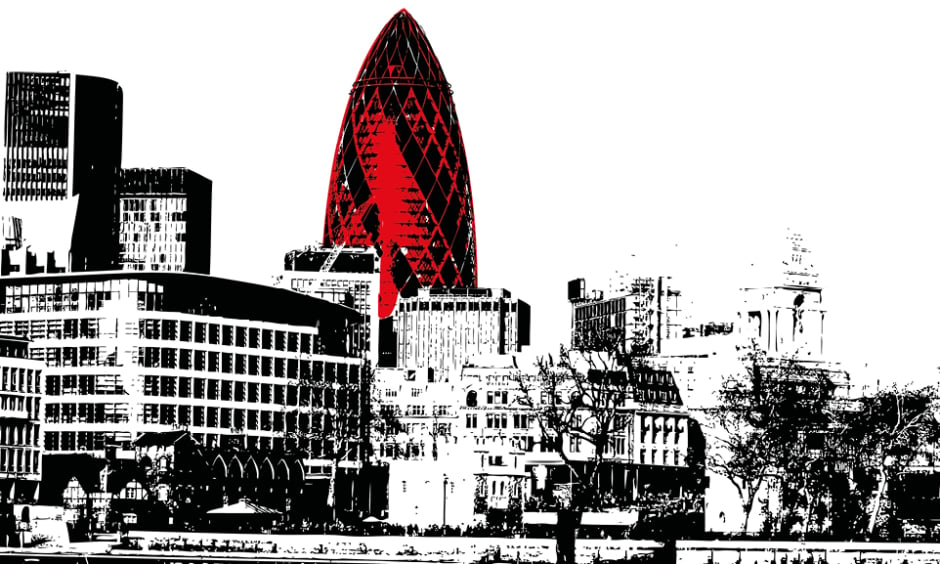Abstract
Prostate cancer (PCa) is the second most common cancer in men, comprising 15% of new cancer cases. While most cases are diagnosed at an early stage and can be managed conservatively or by local treatment alone, up to 30% of patients will receive androgen deprivation therapy (ADT). Indeed, high-risk localised and locally advanced PCa require either surgery or ADT in combination with radiation as a local strategy. On the other hand, metastatic patients are treated upfront with ADT, eventually combined with docetaxel, as suggested by recent studies.
ADT has been in use for more than 60 years and during this time it has undergone considerable evolution. Gonadotropin-releasing hormone (GnRH) agonists have supplanted surgical castration and oestrogens, and are now challenged by GnRH antagonists. ADT induces profound but often short-lasting responses. In a low serum testosterone environment, the androgen receptor (AR) pathway may be reactivated either by overexpression, by mutation of the AR itself, or by adrenal or intracrine production of androgens. These mechanisms underlie the development of the majority of castration-resistant prostate cancers (CRPCs). In addition to AR adaptation, several AR-independent mechanisms may also underlie progression of these cancers on ADT.
A new generation of AR-pathway inhibitors have succeeded first-generation anti-androgens and steroids, and are proven to extend survival in patients with metastatic CRPC. This review aims to summarise the current standard of care and available hormonal strategies in advanced PCa and future therapeutic perspectives that could change treatment paradigms in the coming years.
Please view the full content in the pdf above.








